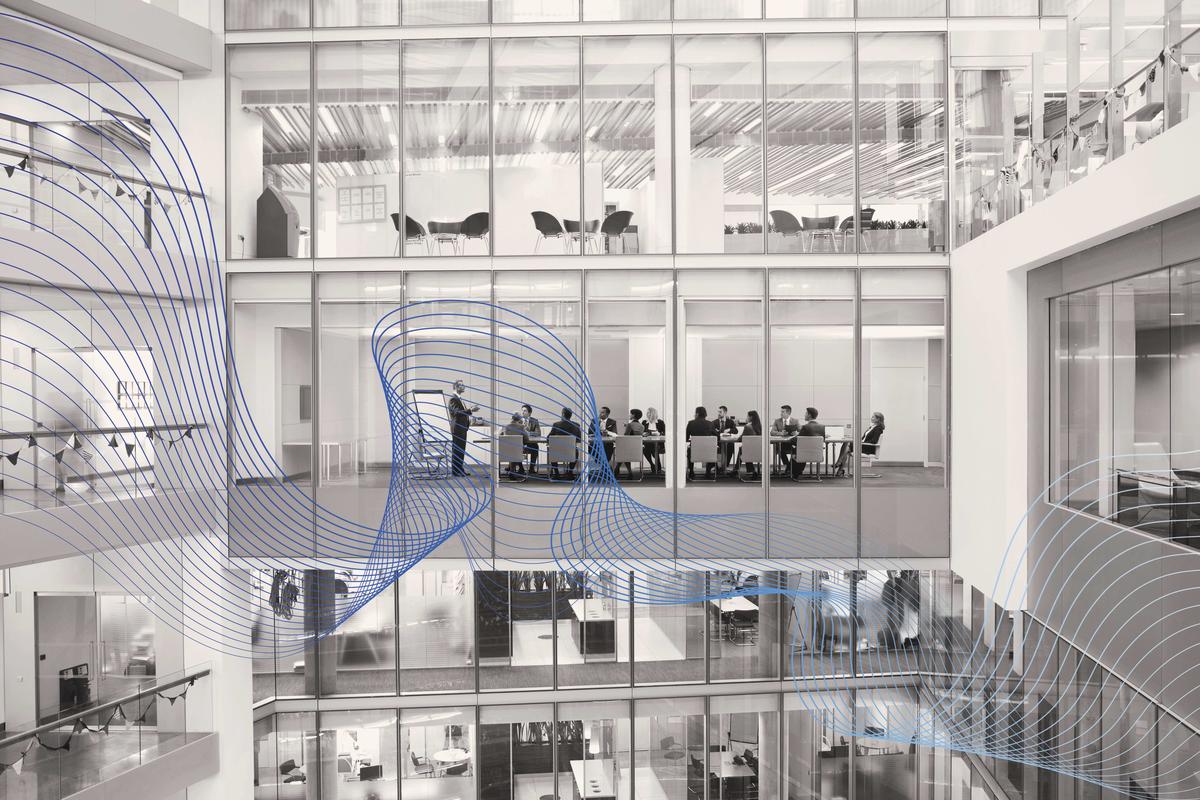Reprinted with permission from The Hill Times.
For some, the term ‘lobbyist’ has become a dirty word, conjuring up images of greasy men with envelopes of cash making backroom deals against the best interests of the people. This caricature, useful for television drama and populist demagoguery, does more than unfairly smear an entire profession. It tears at a vital bond in our society. In a world where trust in government, business, and non-profits are at an all-time low, government relations experts and public affairs must play a role in rebuilding our social fabric.
To start, it’s important to be clear about what the work of government relations, public affairs and lobbying is. At its core, these professionals are translators and interpreters. We seek to understand the priorities and needs of different sectors, business, political, bureaucracy, civil society and the public, and to act as a bridge between them to help each hear and understand their shared interests.
At the root of this exchange is trust. Edelman’s annual global Trust Barometer has highlighted the key builders of public trust in our social institutions. The erosion of trust we studied in social institutions is worrying. The drop in trust of NGOs specifically raises serious flags and is symptomatic of the ongoing political and social polarization taking place in Canada and around the world. The reasons behind the drop are complex. Political rhetoric, diminished trust in social media and news sources, and ongoing economic pressures impact this result. In this environment, lobbyists and public affairs professionals are in a unique position to facilitate and rebuild social trust because they work between institutions to build bridges.
As social connectors, public affairs professionals have a responsibility to encourage our clients to communicate and connect with the public and with other sectors of society in meaningful ways that re-establish trust and reinforce our social fabric.
One way to achieve this is for companies to engage in social issues, and ensure they contribute positively to society in a way every day Canadians can benefit from. When companies identify with helpful social agendas and engage with the community around them to advance those agendas, they do more than improve the specific agenda they’re working on. They reinforce the idea that we are all in this together—business, government, civil society and the public. They make it clear that generating wealth and jobs, ensuring a fair playing field, and fostering social society are complementary objectives that apply to all of us. After all, a CEO is more than their job, they are also a citizen, a part of a family, and a member of the community.
Doing this requires companies to both do the right thing and be seen doing the right thing. Doing the right thing, without effectively communicating with other elements of society fails to build trust or improve the way they are perceived. On the other hand, being seen to do the right thing, without fully embracing the values a company claims to hold, sets a company up for claims of hypocrisy. The dissonance further undermines social trust and reinforces the narrative that is manipulating the public rather than contributing to it.
When members of our profession betray the trust vested in us by stakeholders, we do damage to more than just the opponents of the agenda we are promoting—we undermine the faith and trust that society places in us. It is equally important for public affairs professionals, and the people who hire, them to demand a commitment to doing the right thing. Social cohesion and fostering trust through a relentless commitment to the truth can make a real difference.
That is not to say that there can’t be disagreement and debate. We would expect nothing less of professionals on both sides of important social issues (think: carbon pricing, defence spending, food security, etc.). Each side will believe they are promoting solutions that are in both their client’s and the public’s best interest. What is imperative in these conversations is to engage in that inevitable debate authentically and transparently. True solutions will only emerge when we acknowledge that no one perspective has every answer. Our clients are best served by engaging constructively in the search for answers with all good faith actors. When we do so, we reinforce the trust our stakeholders have in each other, strengthen societal bonds, and justify the faith our clients place in us.





